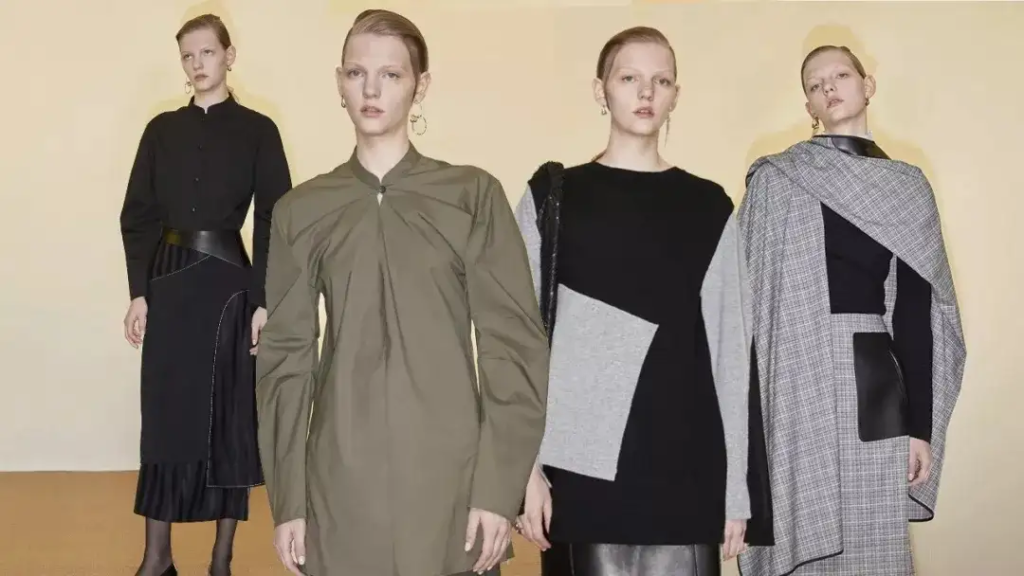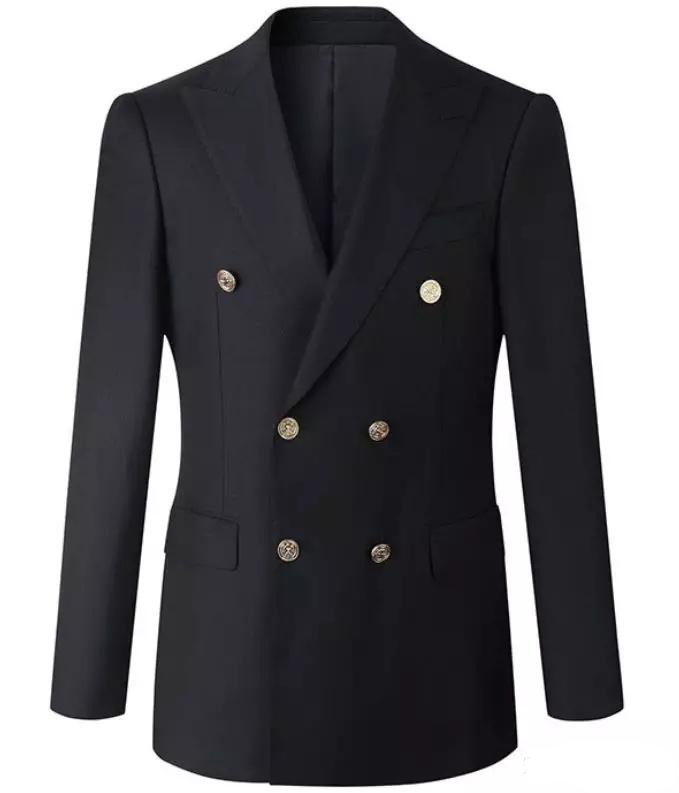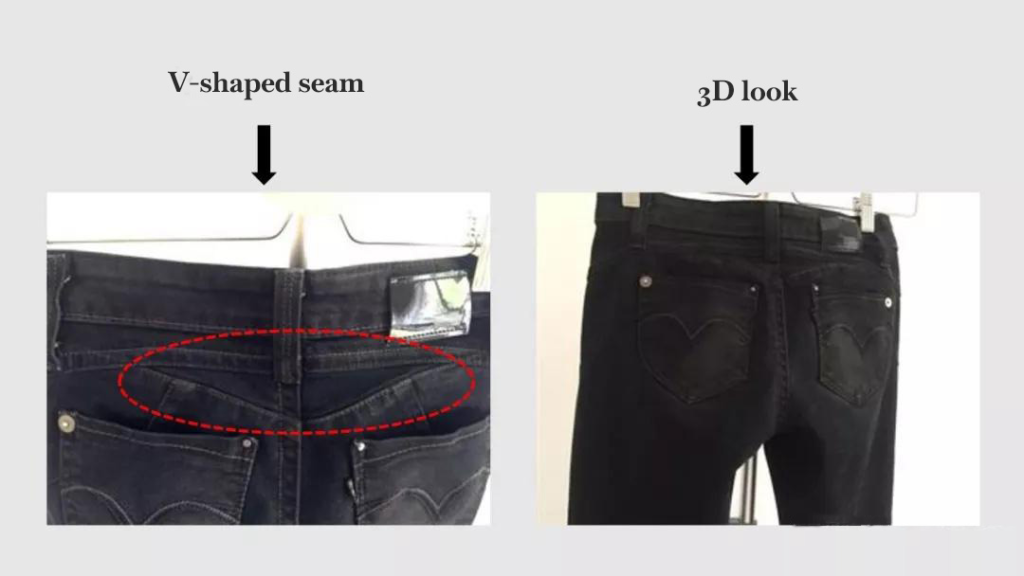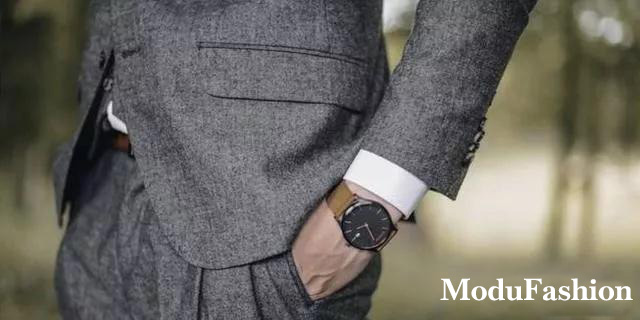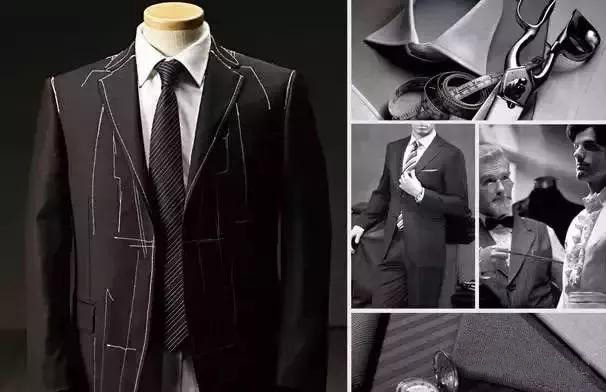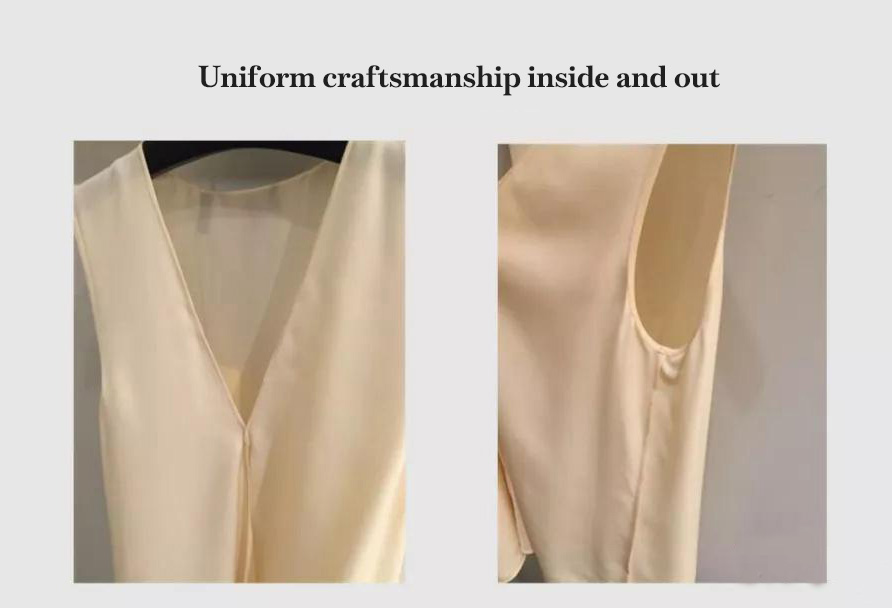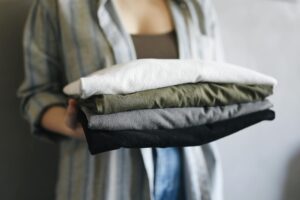Multiple elements determine the excellence of clothing items. Raw materials make up only 10% to 20% of total costs but patterns constitute 20% to 30% of the price structure. The majority of the production cost which amounts to half or more goes toward craftsmanship and finishing details. Workmanship stands as the primary element that drives up both the production expenses and the overall quality of clothing products.
When the workmanship is top-notch, you can be confident that the fabric and pattern are also of high quality.
If a piece of clothing is to be well made, the equipment of the clothing manufacturers (sewing machine) must not be bad. Basic sewing machines cost over $2,000 yet professional models surpass $10,000 in price. Artisan skills are essential for manufacturing since their pay rates start at $10,000 and rise based on expertise and experience levels.
High-quality results need complex production methods that consume extended periods of time. The price of well-crafted clothing increases because of both its professional construction and its custom nature. Top-quality work combined with made-to-measure designs always demand a higher price.
Examine garments by observing these critical elements through your own observation:
1. The flatness of the clothes
A completely flat item does not exist because clothing maintains some natural curvature rather than flatness similar to a paper sheet. High-quality clothing items maintain a gentle body-hugging shape which lets fabrics conform naturally to the human body. The combination of proper construction results in both improved fit quality and refined elegance. A comparison between high-quality and low-quality clothing shows their distinct differences.
A sample examination reveals minor defects when you examine it closely.
2. Flattering Patterns
A well-designed pattern serves two functions by emphasizing attractive features and concealing unflattering areas. The proper construction of a jacket works to create the illusion of a slimmer midsection while also hiding less desirable body parts. Professional experience and aesthetic perception together create this effect which requires many years to master. Such mastery cannot be achieved through rapid learning.

3. Even, Smooth Stitching
Quality clothing depends on the uniformity and smoothness of its stitching. Reputable brands view any sewing errors that become visible as faults in their products. The manufacturing process rejects these items before they become available in stores.
Inspecting structure together with pattern quality and stitching method enables you to recognize between premium and inferior clothing items. The visible details in expert craftsmanship demonstrate its value so investing becomes necessary.
Next, use picture examples to distinguish the workmanship level of clothing:
1. Sewing process
For example, the curling process of silk scarves.
Huge contrast between the workmanship of different curling processes:
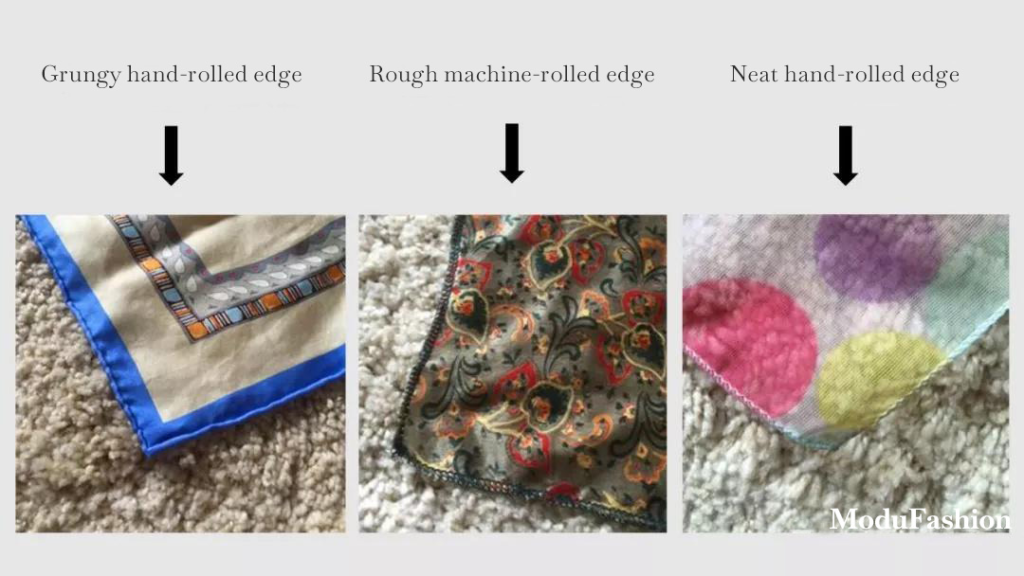
2. Pattern cutting
For example, some jeans have a V-shaped structural line on the back waist, which will have the effect of lifting the hips. After the pants are clamped on both sides, the hips present a round and three-dimensional sense, rather than flat, so that it will be more comfortable to wear and have a better effect of modifying the body shape.
After all, the human body is concave and convex, not a flat surface:
This is especially true for custom suits.
3. Bones (strings)
It is more important to learn to distinguish the workmanship of the bones of clothes. When buying clothes, don’t just look at the appearance and price, turn it over and look at the workmanship inside.
Bones are like the foundation of a house. If the foundation is not laid well, how can the house be solid! Check whether the joints inside are well made, whether the stitches are smooth and neat, and whether there is a clean edge inside.
The difference between hemming and no hemming on the inside:
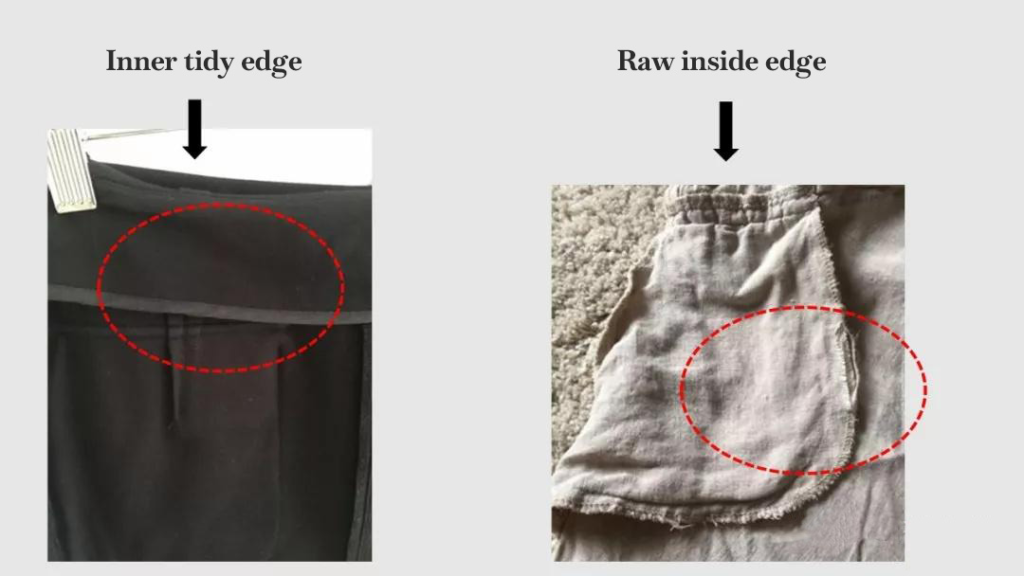
The kind of clothes without lining, burrs inside, and crooked threads will become garbage after washing a few times.
4. Sewing process of pockets
The workmanship is consistent inside and outside, and the clothes that are well made in details are good clothes.
The pockets have no visible lines, and the 1/8 double lip on the back pockets is more textured, which is much more complicated than the single lip edge process:
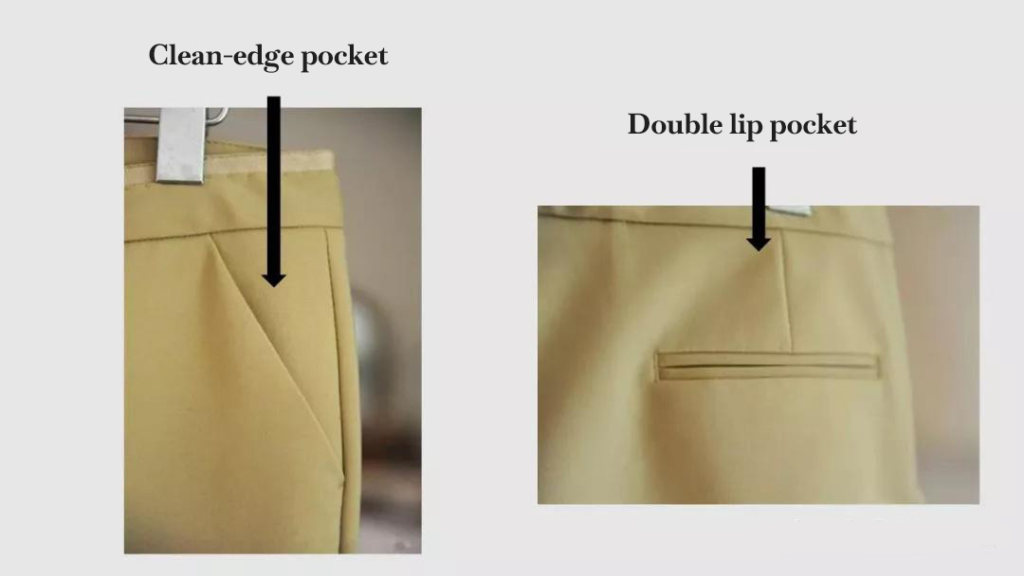
The workmanship of the inside of the pocket is more important, especially for men’s pants. Men’s pockets have a certain weight requirement, so it is necessary for the pockets to be strong.
The workmanship of the left pocket will break after a short time, and the workmanship of the right pocket is relatively good.
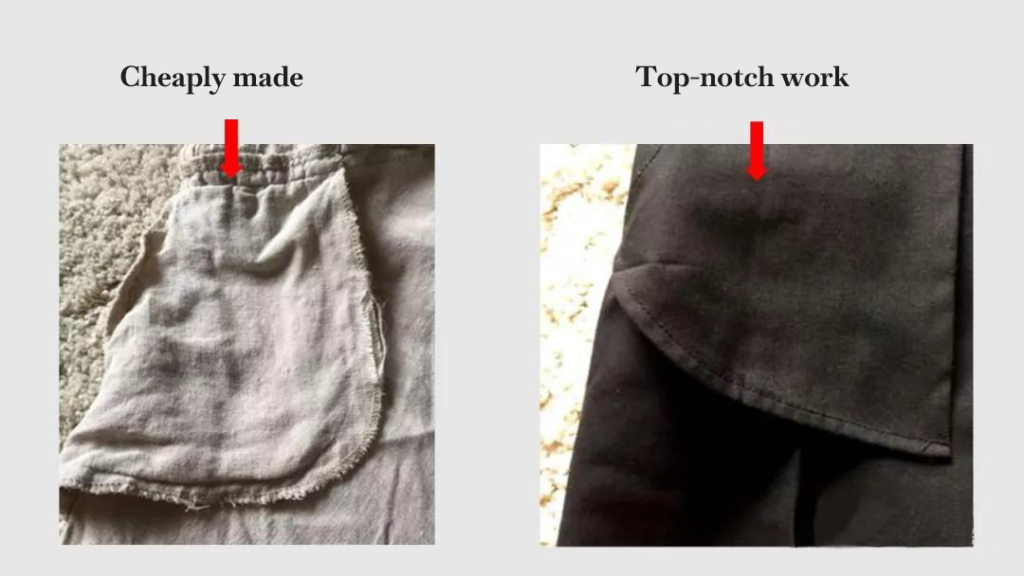
5. Zipper sewing process
How can the cheap plastic zipper on the left, which is simply and roughly sewn, be comfortable when it touches the skin?
The silk fabric skirt on the right, let’s see how the big-name clothes perform in the zipper part. There is no harm without comparison:
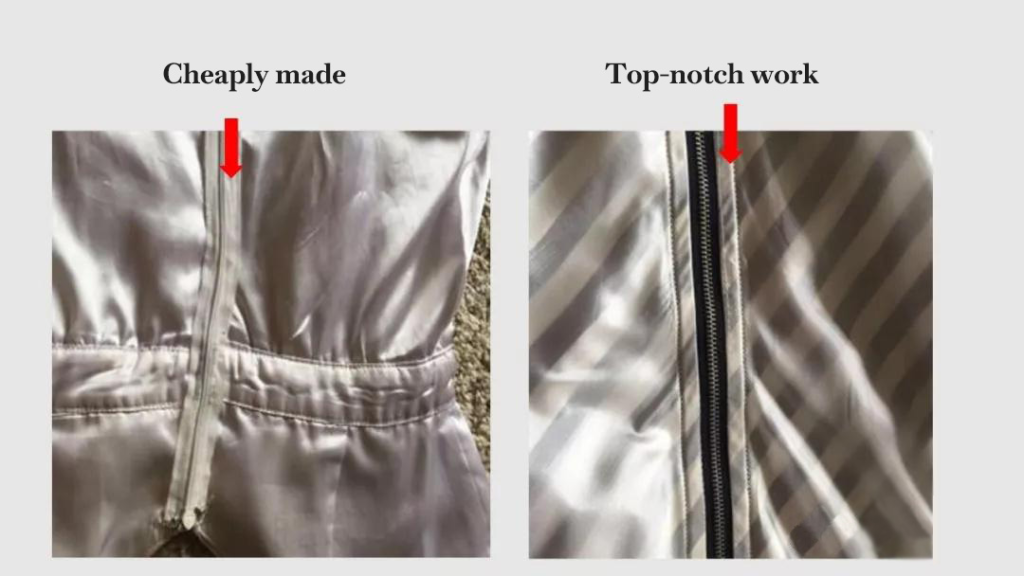
6. Lining sewing process
See whether the material and color of the lining match the fabric, and there is no exposure.
The lining is the part that directly contacts the skin. The poor material is thick and not breathable, and has poor skin affinity.
Many top brands even use silk linings, and the linings also have structural lines to enhance the three-dimensional effect, which is of course more comfortable and stylish to wear:
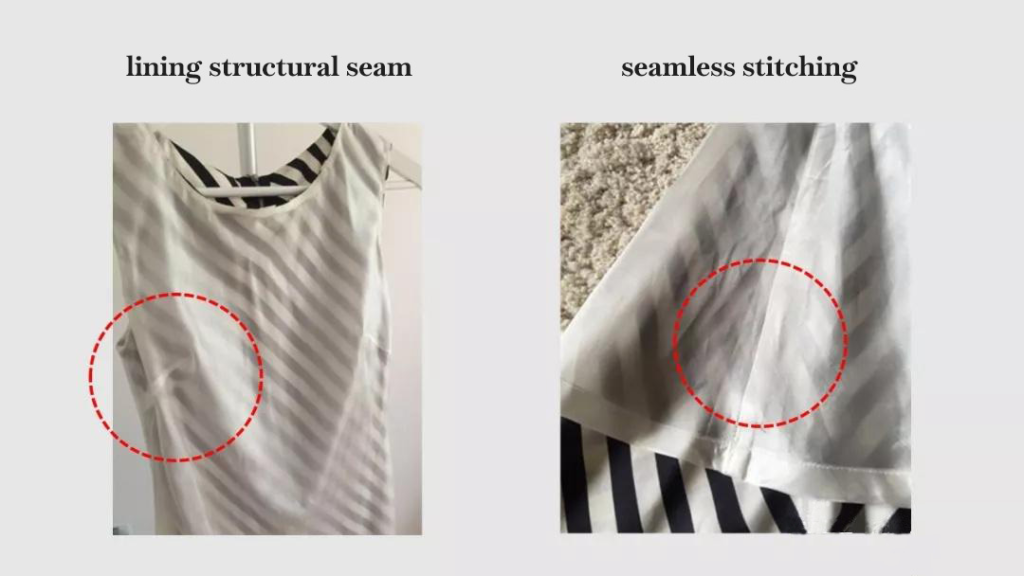
The seamless side faces the skin, so the skin-friendliness will certainly be better. The performance of these details truly reflects the quality of the brand, and user experience is the top priority.
7. Suit
The fabric cutting process of the suit is too complicated, and even tailors with many years of experience may not be able to explain it clearly.
Don’t just look at the front of the suit, look at the side, and the back is more important. The side and back can more intuitively see whether the tailoring is slim and fit.
8. Shirt collar
The collar of the shirt is very important and must be symmetrical and crisp.
Most people wear shirts with the first button unbuttoned. When unbuttoning, the collar should still be symmetrical and not collapse. This is very important:
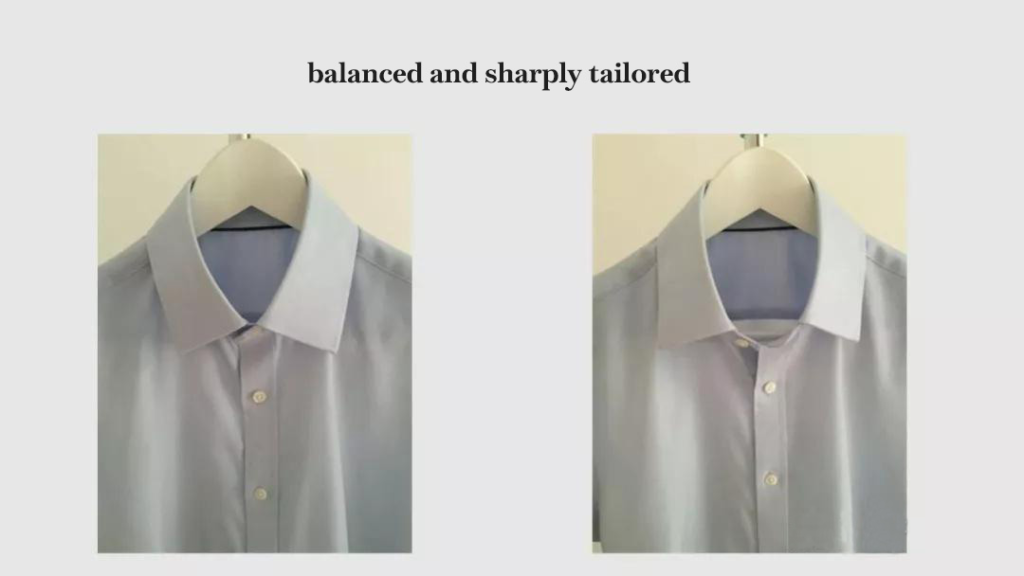
9. Pattern alignment and symmetry
For shirts with printed and plaid patterns, it depends on whether the patterns at the joints of the collar, sleeves, and pockets are aligned.
The more parts that are aligned, the more expensive the clothes will be, because of the material and cost.
The pattern of the shoulder and sleeve of this shirt is not aligned:
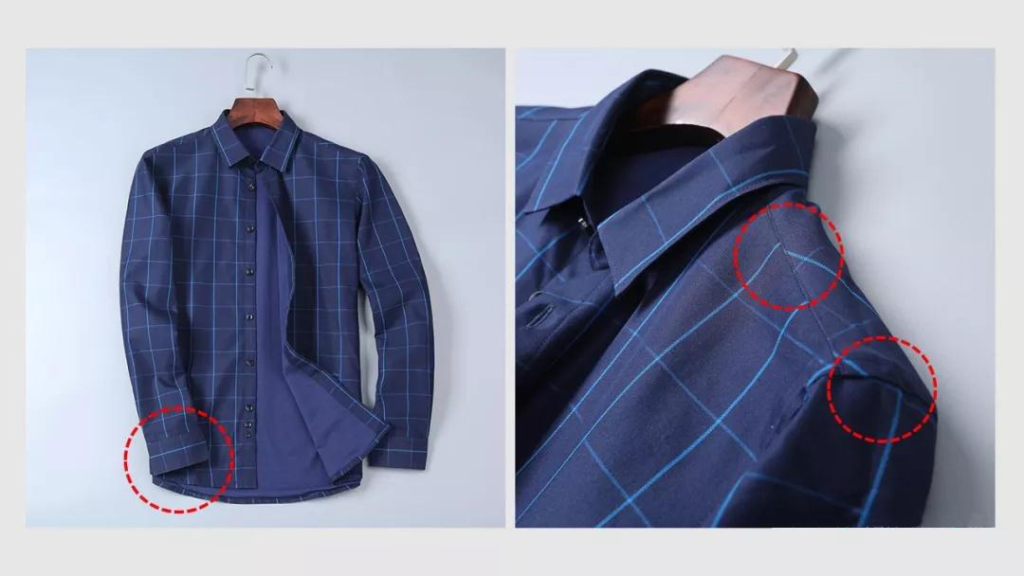
Look at this Burberry shirt again. The collar, shoulders, sleeves, the sleeves and the body, and the left and right sides of the body are all perfectly symmetrical. Only when the details are paid attention to can a truly good product be made.
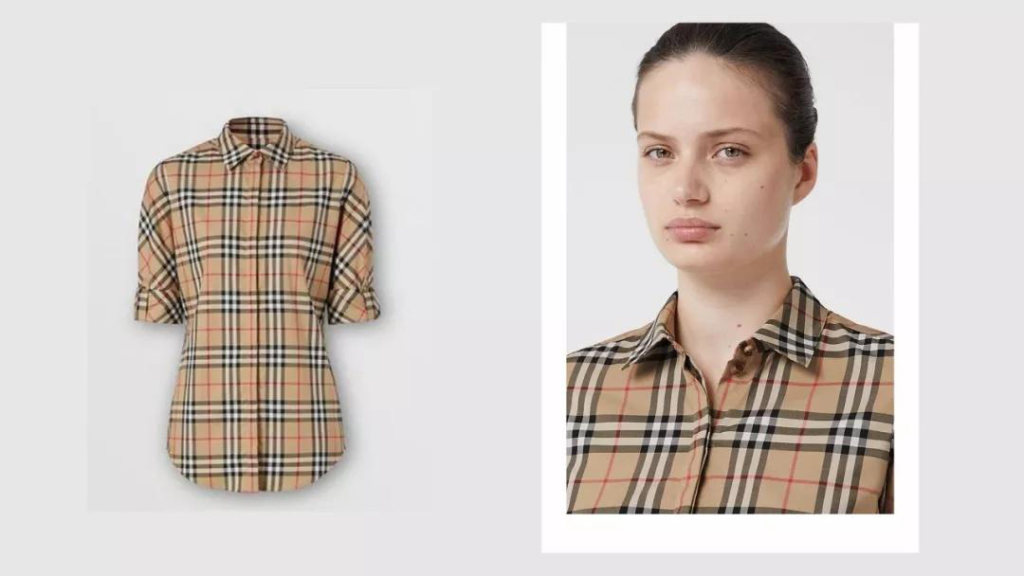
Lorem ipsum dolor sit amet, consectetur adipiscing elit. Ut elit tellus, luctus nec ullamcorper mattis, pulvinar dapibus leo.
10. Workmanship of the lining
The workmanship of the lining of the shirt should be neat and neat, and the workmanship inside and outside should be consistent.
Which of the following vests do you think is the front or the back?
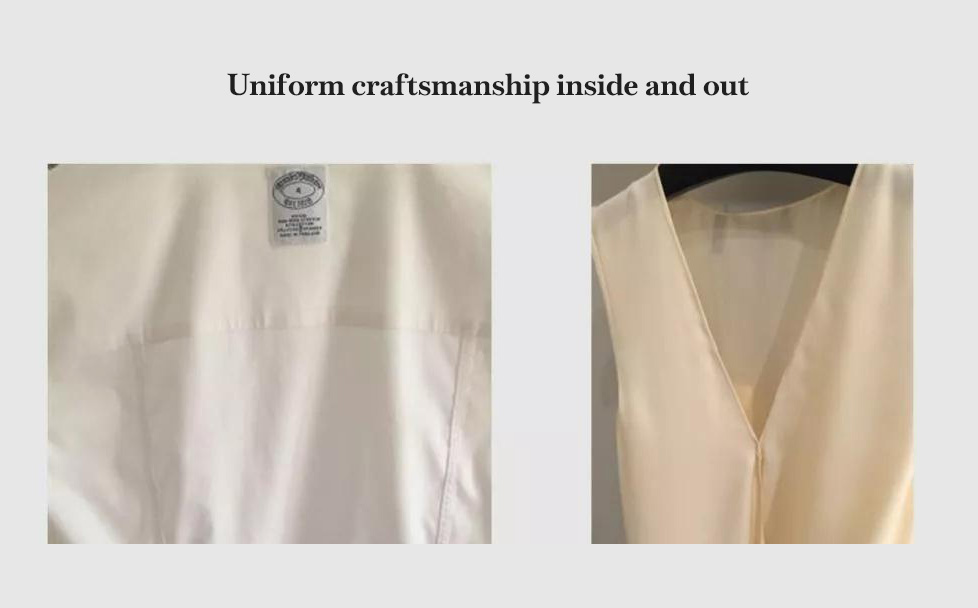
Share 17 tips to distinguish good workmanship:
- Good clothes should have a good version, and all the lines of the clothes should look smooth and natural.
- The collar should be folded in half exactly the same, without any deformation.
- When the clothes are hung, the sleeves are exactly the same, without any uneven front and back.
- All seams are neat, the stitches are even and straight, there is no skipped stitches, broken threads, or repeated thread runs.
- The hem and skirt of the garment are balanced, and the placket and folded doors are not separated or crossed.
- All pleats are uniform and have no obvious size.
- The size and position of pockets are uniform.
- Whether the pattern of the garment fabric is neat.
- Whether the color of the lining matches the fabric.
- The lining and the surface should be flat, without bulges or wrinkles.
- Whether the seams are firm.
- Whether the lining is exposed.
- The general stitch length of finely crafted garments is 3 cm 13-14 stitches.
- The warp and weft directions of the fabric splicing should be coordinated and natural.
- 15. Check the ironing effect of the garment, whether the gloss is consistent, and whether there are any burns.
- Whether it has been pre-washed.
- If it is a dress, install a zipper on the side seam and check whether the waist shape on both sides has changed.
In a word, people who know the business will first look at the inside of the clothing to see whether the workmanship of the clothing is good or not. If the workmanship inside is well done, the face is not a problem.
Interaction
Finally, the picture below looks very fashionable, but the workmanship is actually not very good.
Can you see what is wrong?

